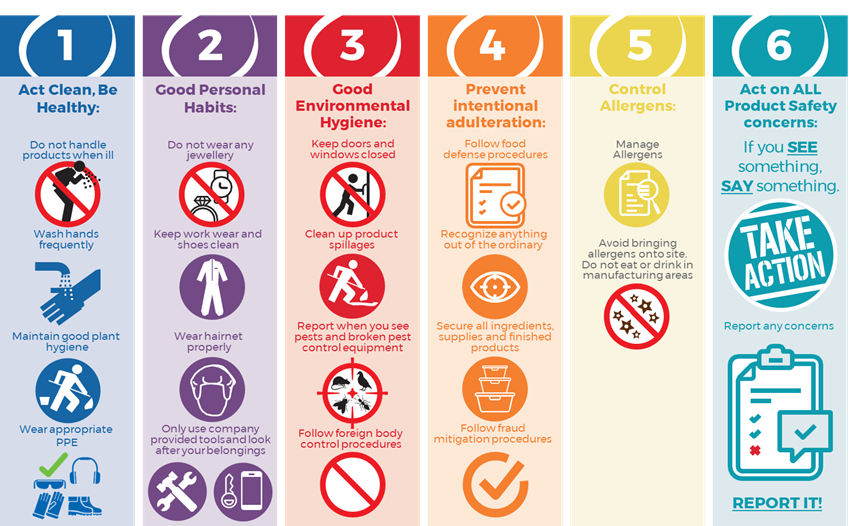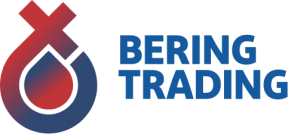Product Safety

Product Safety
Communication about the safe use of products is an important responsibility. An increasing number of nations across the world recognize this and have adopted detailed product safety regulations. An example is the European Union’s (EU) regulatory framework for the management of Chemicals, known as REACH: Registration, Evaluation, Authorization and Restriction of Chemicals.
REACH—EC No. 1907/2006 of the European Parliament and of the Council of 18 December 2006—places responsibility on industry to demonstrate the safety of its products throughout the supply chain. The primary purpose is to provide a high level of protection to human health and the environment through a single EU regulatory system, and the European Chemicals Agency has day-to-day oversight and management of the REACH requirements.
Components of Product Safety regulations include:
Registration: In several regions, manufacturers and importers of chemicals must register these goods at the appropriate Chemicals Agencies, submitting a large dossier with information on, for example, hazardous properties, animal testing results, uses and safe ways of handling them. Following registration, evaluation takes place through a consultation process and, depending on the outcome, restrictions on the use of the substance may be formulated. For certain substances, a ban from the market may result unless an authorization for certain uses has been granted.
Providing Material Safety Data Sheets (SDS): Manufacturers, importers and distributors are obliged to provide an SDS to the recipient of the substance or product. Many countries have implemented detailed rules for this purpose, which are based on a Globally Harmonized System so that the SDS format is similar across the world.
Many of the products that Bering sells are subject to Product Safety regulations and may only be placed on the market with a valid registration. It applies, for example, to petroleum substances. Refineries owned by Bering hold their own set of registrations for the products they produce. Bering also holds several registrations for substances it imports into the EU. For other products, Bering relies on the registrations of the producers and importers who are supplying to Bering. This approach ensures Bering’s entire product portfolio has been covered by applicable registration obligations.

